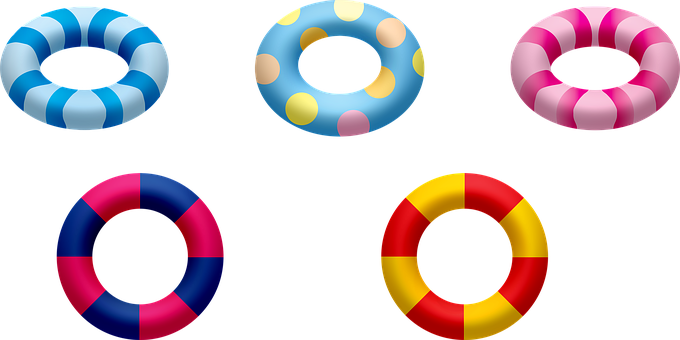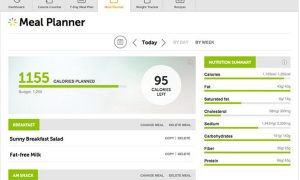Life Insurance Cash Value – Things You Need To Know

Life insurance may sound complex to a lot of people because of the wide variety of factors, terms, and aspects that have to be considered before purchasing a policy. There are also components that one has to be familiarized in order for him or her to effectively transcribe to the entire concept of life insurance. Hence, one of the most important components of a life insurance is cash value. This part of life insurance plays a vital role in the overall success and benefits of your life insurance. So to fully understand this component, this article will go through the important details that explain what cash value is.
What is cash value?
In life insurance, cash value refers to the form of permanent life insurance that demonstrates a cash value savings component. In other explanation, cash value is the value that determines the savings amount that a policyholder can get from a life insurance. The policyholder or the owner can utilize the cash value for many purposes such as source of cash, source of loans or to pay policy premiums.
How does it work?
Cash value insurance is also known as a permanent life insurance because it offers coverage for the owner of the life insurance’s life. In most cases, especially the traditional ones, cash value of a life insurance tends to have higher premiums than term insurance policies require a fixed level premium payment. This is a portion that goes to the insurance cost and the remaining will be deposited into the account of a cash value. Moreover, the cash value will earn a modest rate of interests with accumulated earning’s taxes differed. As such, the cash value of life insurance will increase over time. As a general rule, when the value of cash value increases, the risk of the insurance company decreases as the cash value accumulated offset part of the liability of the insurer.

Types of Cash Value
The cash value depends on the type of policy of the life insurance. For a whole life insurance, the cash value increases at a fixed rate, which is depended by the insurance company. The main function of the cash value in a whole life insurance is to be able to reach the size of the death benefit when the policy matures. On the other hand, in case of a universal life insurance, the cash value is based upon the interest rates of the market and the insurance company’s performance. Indexed Universal Life insurance cash value is based upon the performance of an index. Lastly, variable life insurance depends on a certain aggregated portfolios that have been provided by the insurer that is kind of similar to a pool of funds or also known as mutual funds. Hence, when you compare life insurance, the cash value is the number one factor to consider apart from the death benefits.
How to get cash value?
Generally, cash value premiums can be very expensive. That is why it is very important to carefully analyze and understand the methods you can take money out of your insurance policy. If you’re able to carefully consider all the necessary aspects of a life insurance, then you should also take a look at the cash value that it offers.


































